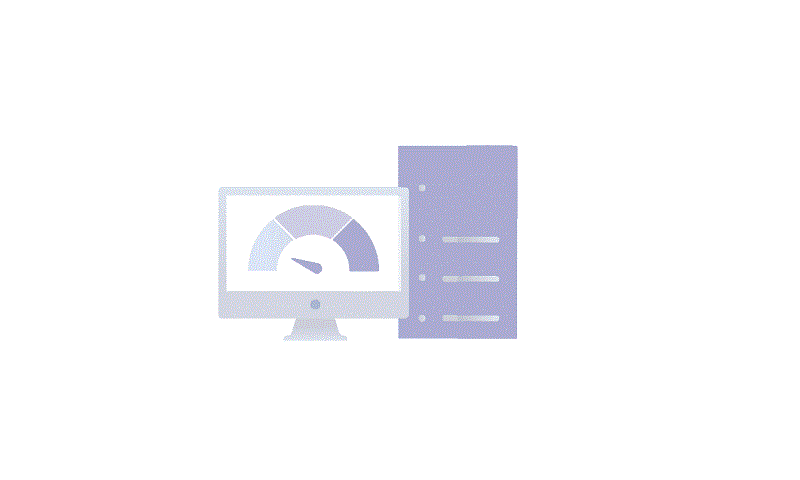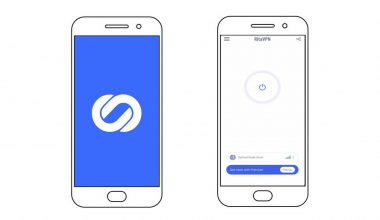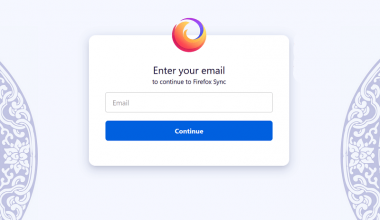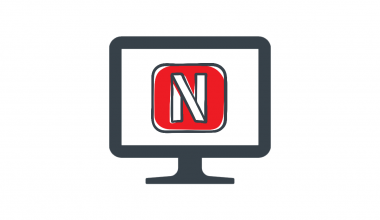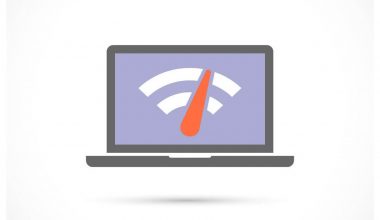Technology is getting better day by day. With increasing technology, cyber-attacks are rising. People are losing their privacy with helplessness. For this reason, people try different methods to secure their data. One of these methods is the use of a VPN. When it comes to VPNs, security is their main focus. Despite using a VPN, there still be chances of data leakage. Due to some technical flaws, their security can even be compromised. Their IP address may get revealed or confidential information may be leaked out. It is very important to make sure that VPN use by them is 100% secure because leaky VPN is an open invitation to malicious attackers, government agencies, target advertisers and your ISP. There are numerous tests to check VPN quality which are listed below :
1. VPN Encryption Test :
This is quite shocking that some so-called VPN claim to provide high-quality data encryption before transferring it to another end but they do not actually encrypt your data. Recent studies show that nearly 18 % of VPN does not actually encrypt your data. This report has made people very cautious. So it is advised to test your VPN encryption. A VPN encryption test is done with two methods.
GlassWire
GlassWire is a free network inspection and security tool that tells you what type of data traffic is sending. This method is an easy way to check your data traffic encryption but it is not 100% authenticate. IF traffic sending by your VPN is HTTPS/SSL, it indicates that your data is end to end encrypted. But if
Your data traffic is sending by regular HTTP, it indicates that your traffic is not encrypted.
WireShark
WireShark free inspection tool for VPN encryption. It can provide an authentic way to check the encryption of your data traffic. This is a little bit harder method but verification of VPN data encryption by WireShark is 100% authentic. WireShark can inspect the incoming and outgoing original data packets. You can easily check your data whether it is in plaintext or in the cIPhertext. In this way, you can get open evidence of your data.
2. VPN Speed Test :
Many people in the world suffer from the problem of internet speed. They try different methods to get solutions. VPN is one of these methods to increase internet speed. And it is a fact that one of the main use of VPN is to increase internet connection speed. But some cheap VPN services do not provide fast internet speed as they claim to be. Keep one thing in mind that speed provided by VPN depends upon the physical distance between you and VPN server, encryption strength and server load. The only way to check the speed provided by VPN service is the “VPN speed test”. There are many online speed test tools for verifying the actual speed. The procedure is quite simple :
- Test your internet speed with and without a VPN.
- Take the test 2 to 3 times.
- Now compare both values of speed test with and without VPN and extract the average difference value.
- If the test with VPN gives prominent surplus value as compared to without a VPN, then VPN is doing its job otherwise the VPN is useless
Note: High-quality VPN only handles 50 to 100 Mbps in stable condition. SO Don’t be shocked if you see a decrease in speed in your speed test tool.
3. IP leaks test
An IP address is the most confidential thing of any device. The major benefit of a VPN is that it hides the information about your real IP address and encrypts data traveling from your device. After hiding your real IP address VPN server will assign you a virtual IP address. This virtual IP address act as a secure tunnel through which your data travels to the VPN service provider’s servers. Using these servers your data is rerouted to whatever unblock website you are reaching out and will keep you anonymous. Apart from that, there are some kinds of VPN privacy leaks that can reveal your real IP address. They will not only reveal your IP address but also expose your browsing history that can be used for illegal means. They are:
- IP address Leaks
- WebRTC/STUN leaks
- DNS Leaks
IP Address Leaks (IPv6)
Our devices contain both IP addresses such as IPv4 (standard) and new IPv6 addresses. Some VPN only secure IPv4 address but not IPv6.In that case, we can face IPv6 address leaks with the cheap VPNs. This could reveal our true identity or location without our knowledge.
Solution:
- You can choose a VPN that does not leak IPv6 addresses.
- You can disable the IPv6 traffic on your router.
WebRTC/STUN
Stands for Web Real-Time Communication, WebRTC can expose your true IP address via STUN requests with Firefox, Chrome or Safari even if you are using a good VPN. WebRTC allows requests to STUN servers. STUN servers return the local and public IP addresses for the user. These request results are available to javascrIPt. Now hackers can obtain users’ local and public IP addresses in javascrIPt. After getting that hacker can easily track any website you visit and could obtain your real IP address through WebRTC STUN requests.
Solution:
- You should only use browsers with disabled WebRTC capability.
- You must use a VPN that protects you against WebRTC leaks.
DNS Leaks
DNS stands for domain name system. In the DNS system, website names like www.photopea.com are being translated into long IP addresses (numerical IP address) that identify a specific website. Actually, DNS acts like a phonebook for the internet.
Without a VPN this translating process is under the control of our ISP(Internet service provider). The Internet service providers can stop DNS requests and can route them to their own DNS servers. DNS request is the clear log of every website you visit. After getting these logs ISP can spy on your browsing history and can sell your data to the third party.
Solution:
- To protect your data from leaking you have to choose a VPN that has built-in DNS protection.
- You must use your own custom DNS servers on your router
Alternate test for IP leaks
- You can check the leakage of the IP address by online tool “Find My IP Address”.
- You can check your IP address with and without a VPN connection.
- Repeat this step several times. You can see that your real and virtual IP addresses are not the same.
- If your real IP address matches your virtual IP address in any attempt, it means there is IP address leakage.
Solution
- Be wise in selecting the VPN.
- Avoid this type of cheap VPN service which has technical flaws in them.
You may also like:
Best DNS, IP, and webRTC Leaks Test Sites
Best Internet Speed Test Sites
How to Prevent Common Types of Password-hacking?
How to check if a website is safe, scam, or malicious?
Can the use of VPN software be detected over the network?
How to check if your VPN is leaking your IP address
WiFi Password Hacker Cause Data Leakage
What is the main difference between IPv4 and IPv6?
Conclusion
Keep in mind all these VPN tests, you have to make sure that your VPN is 100% secure. Moreover, make sure that you choose the best VPN like RitaVPN. As far as security concerns, you can rely on it without any worry. It can provide an extra layer of security and give the best results.
